The Odyssey Read-Along @ Plethora of Books
And so we start our journey with Odysseus in his quest to find his way home after the long Trojan War, to be reunited with his wife and son, and to re-establish his reputation as the king of Ithaka. Plethora of Books is kindly hosting this read-along and has done a wonderful introductory post overflowing with important background information to better understand and enjoy The Odyssey, so please check it out!
I’m going to be posting two books at a time, in spite of the four-books-a-week pace, because I have a strong feeling that my posts will get too long, trying to fit four books into one post.
 |
| Greek text of The Odyssey’s opening passage source Wikipedia |
Book I
Homer invokes his Muse to tell the story of “a man of many ways” who after the sack of Troy, spends much time fighting for his life and those of his companions to accomplish their homecoming. Yet Homer quite handily and conveniently makes Odysseus a lone hero by relating the story of his companions’ fateful actions as they foolishly abuse the hospitality of Helios the Sun God by eating his cattle and, therefore, meet their death.
On Olympus, Athene pleads with Zeus to remember the struggles of Odysseus, in spite of the anger of Poseidon, kindled after Odysseus blinded his son, Polyphemus, the Cyclops. Zeus agrees to send Hermes to him and Athene departs for Ithaka, the home of Odysseus, where his wife is being beseiged by suitors and his son, Telemachos, stands helpless. Announcing herself as a man named Mentes, Athene counsels Telemachos to take a ship and search for his father, who is being held captive on a sea-washed island. Her instructions will send him first to visit Nestor on Pylos and then Menelaos at Sparta. Before leaving, she reprimands him for his childish acceptance of the raucous disrespectful behaviour in his household. A transformed Telemachos returns home to lightly scold his mother, Penelope, and admonish the suitors for their behaviour, astonishing both parties with his newly acquired forcefulness and strength of mind. We find later that Telemachos has ascertained that it was Athene in the form of Mentes, then he retires to bed, deliberating the upcoming voyage.
Thoughts:
Hospitality
The guest-host relationship is an important aspect of Greek culture. In The Iliad, we get an example of how complex this social ritual is when we see Diomedes of the Achaean (Greek) warriors and Glaukos of the Trojan warriors, not only refusing to fight each other, but exchanging armour simply because the grandfather of Diomedes had hosted Glaukos in the past and they had exchanged gifts. Their actions demonstrate that the guest-host relationship is sacred. Perhaps this example makes it easier to understand why the Sun God would slaughter all of Odysseus’s men, and it also makes the behaviour of the suitors in the home of Odysseus that much more appalling. Odysseus was/is the king of Ithaka, yet it is obvious by his absence, the island is completely lacking leadership and the societal rules and traditions have degraded into a type of anarchy.
Fame & Glory
It appears that if Odysseus would have died the death of a warrior during the Trojan War, his namesake would have been respected and the problems with the suitors would probably have not existed. The glory he would have won in death would have been passed to Telemachos:
“…….. I should not have sorrowed over his dying
if he had gone down among his companions in the land of the Trojans,
or in the arms of his friends, after he had wound up the fighting.
So all the Achaians would have heaped a grave mound over him,
And he would have won great fame for himself and his son hereafter.” (236 – 240)
Telemachos
When we first meet him, he is a boy, without any power or prestige. The suitors have taken over his house and, in fact, his inheritance, as they make free use of his goods. While he complains to third parties about the mens’ insolence and discourtesy, he does not seem to have made any resistance against them in word or deed. Yet after his conversation with Mentes (Athene), she imbues him with courage and spirit, which he immediately puts to use and attempts to establish himself as the power in the household, first by demonstrating control over his mother, and then by threatening the suitors with consequences if they don’t return to their own homes.
| Telemachos & Mentor source Wikipedia |
Book II
Telemachos calls a meeting of the men of Ithaka, where he castigates them for abusing his home and provisions, and for pressuring his mother to marry yet not being willing to take the proper steps of asking her father for her hand. Yet Antinoös contests his views, agreeing to allow Penelope and her father to choose one of them, and accuses her of the ultimate deception: conceiving of a ploy to delay her marriage, she begins weaving a shroud, agreeing she will marry one of the suitors when it is finished, yet she unravels the shroud each night. Countering the charge by avoiding the issue, Telemachos states he cannot make his mother marry against her will without invoking the rage of the furies and the displeasure of the people. Hmmmm ……. some of his father’s wiliness seems to be springing up in his character …..
As they are speaking, two eagles overhead tear at each other, and wise Halitherses, reading the omen, warns the suitors that Odysseus will return and that they will suffer great pains. Scorning his words, Eurymachos states that they will continue their harassment, whereupon Telemachos requests a ship and men to journey to find his father, promising that if he learns of his death, he will return and give his mother in marriage. Mentor, the steward of Odysseus, then accused the people of Ithaka of not speaking up against the suitors’ ignoble actions. Leokritos, scoffing, dares anyone to go against them, even Odysseus himself, and the meeting breaks up accordingly.
In response to Telemachos’ prayer, Athene appears in the form of Mentor and promises him a ship. When Telemachos arrives home, Antinoös attempts to persuade him to feast with them, but he replies that he will work towards their destruction and, as he leaves, the suitors ponder if he is going to seek a way to bring about their murders, or if perhaps, he may perish on his upcoming voyage.
Meanwhile, Athene secures men and a ship, returns to place a “sweet slumber over the suitors”, which allows them to leave unseen.
Thoughts:
Ithaka Without A King
It’s apparent that without a king, the island kingdom has fallen into a sorry state of disorder and rebellion. The suitors, by abusing the code of hospitality, are acting in a way that they would never act if there had been proper leadership. Aigyptios mentioned that the meeting called by Telemachos was the first since Odysseus had gone away (nearly 20 years before!), more evidence of a lack of government which allows the suitors free license in their conduct.
Telemachos
He still needs to rely on leadership from Athene, but if she gives him a task, he is ready to complete it. The suitors still aren’t taking him seriously …… yet …..
Men Crying
“So he (Telemachos) spoke in anger, and dashed to the ground the scepter
in a stormburst of tears; and pity held all the people
Now all the rest were stricken to silence, none was so hardy
As to answer, angry word against word, the speech of Telemachos.” (80 – 83)
This scene occurred in the middle of Telemachos’ speech to the suitors at the meeting. Is this a childish tantrum? I’m not sure. The corresponding emotions felt by the people were pity and restraint. I know from reading The Iliad, that tears from a Greek warrior are not unusual, and a crying man was not viewed by the ancient Greeks in the negative light that we would view one today. Yet hurling the sceptre to the ground with tears perhaps shows a youthful frustration and petulance …? What does everyone else think?
 |
| Penelope & the Suitors by John William Waterhouse (1912) Public Domain |

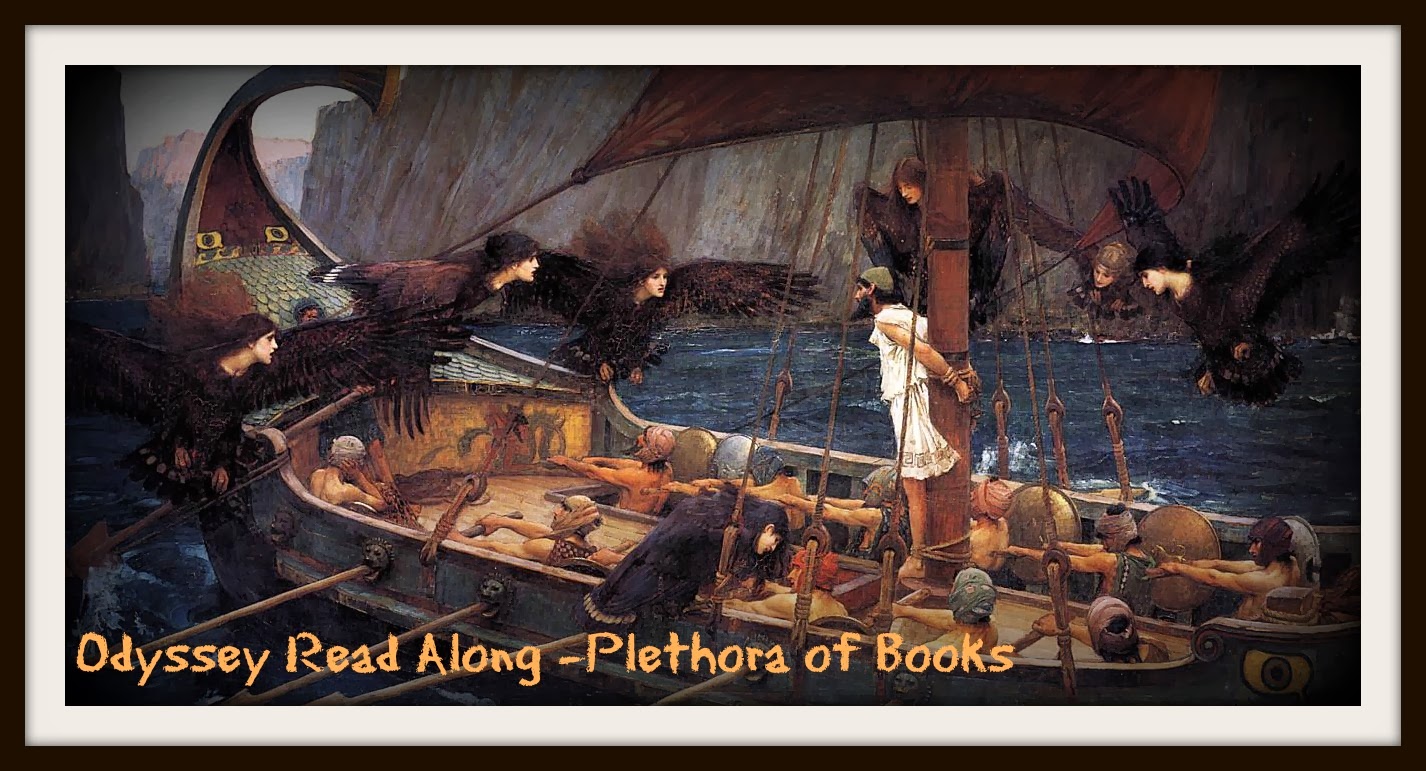




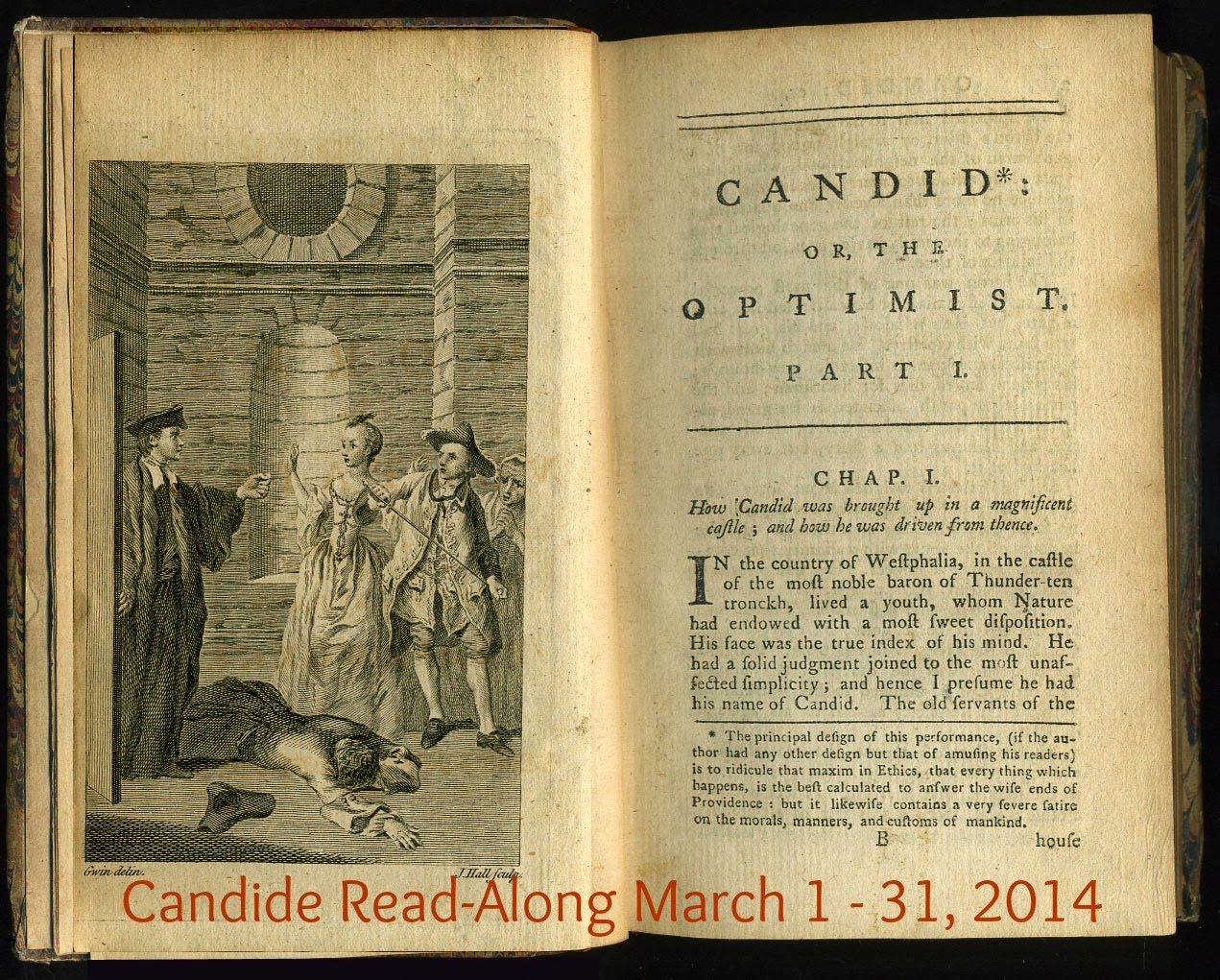





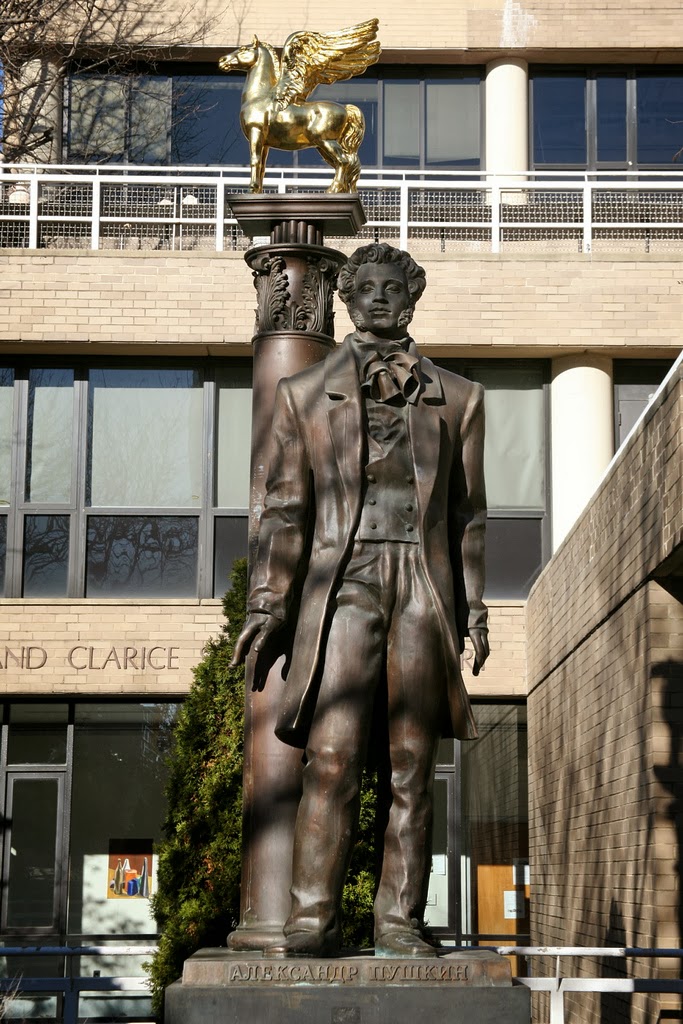
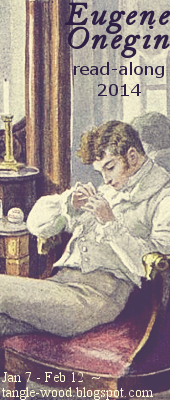
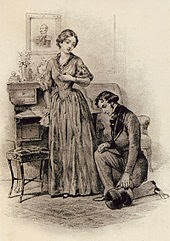




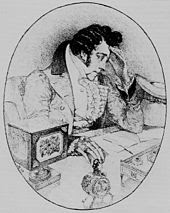.jpg)

